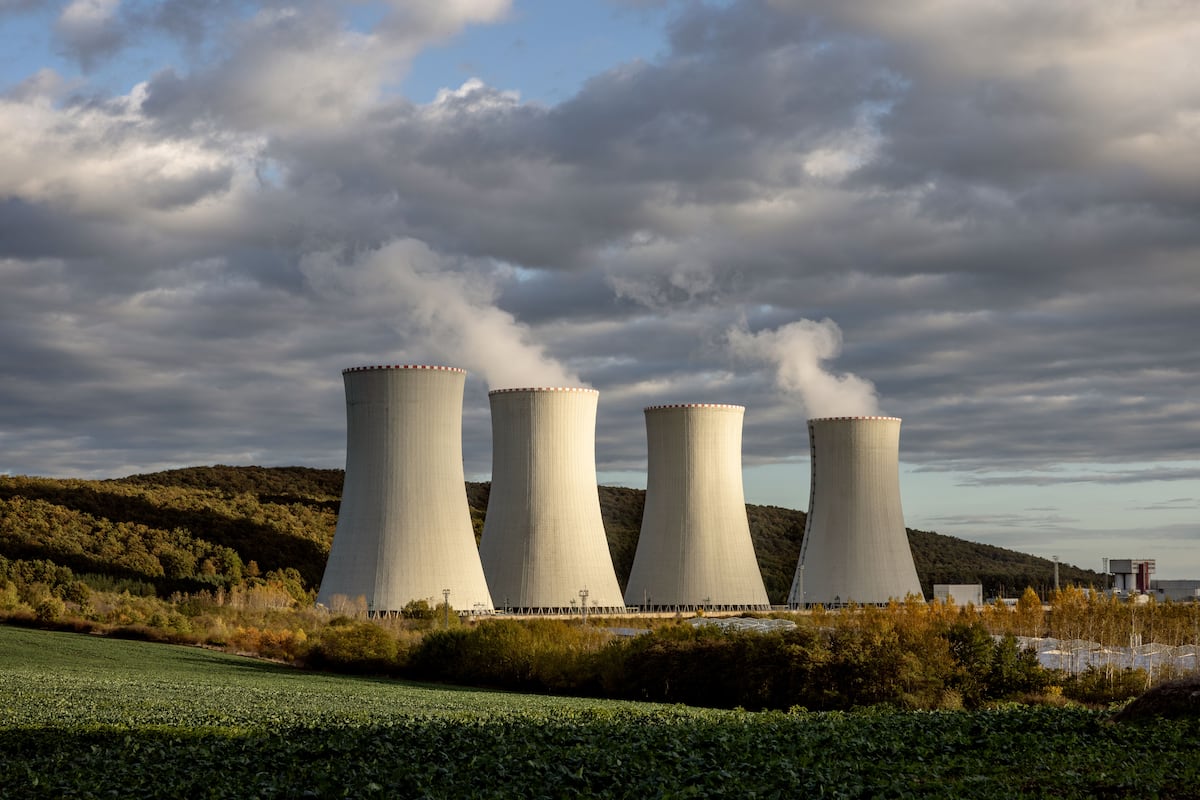
The AI Industry’s Energy Crisis: Can Advanced Nuclear Energy Be the Solution?
Sam Altman, CEO of OpenAI, has delivered a warning at the Davos Forum that the AI industry is on the brink of causing an energy crisis. He emphasized that the new generation of generative AI will consume significantly more energy than anticipated, potentially straining global energy networks. The need for drastic changes to address this looming crisis has become increasingly urgent.
One proposed solution to mitigate the energy consumption of AI is advanced nuclear energy, which includes pocket reactors and nuclear fusion technology that are still in the experimental phase. Several companies are exploring this option to achieve energy autonomy and cost control. The Biden Administration has shown interest in exploring advanced nuclear energy, with Energy Secretary Jennifer Granholm meeting with technology companies like Amazon, Google, and Microsoft to discuss potential solutions.
Currently, an estimated 8% of the world’s energy is dedicated to AI, used for powering processors and hosting the systems required for AI models. As Altman predicted, this percentage is expected to increase as more users adopt AI technologies and newer, more complex models like ChatGPT, Gemini or Copilot require greater computing power. Major tech companies have already begun exploring the integration of nuclear energy into their operations to ensure a stable and sustainable energy supply. For instance, Google executives have discussed partnering with developers of small nuclear reactors to meet their energy needs while Microsoft has already signed agreements for energy from nuclear fusion technology which promises clean and efficient energy production without generating radioactive waste.
However, transitioning to advanced nuclear energy for AI applications faces challenges including regulatory hurdles and high costs associated with developing and deploying new nuclear technologies. Some experts believe that widespread implementation of small nuclear reactors may take decades before it becomes a viable solution for meeting the demands of AI’s growing appetite for power. Nonetheless, as industry leaders continue their discussions about the future of AI’s relationship with nuclear power sources it remains clear that it represents a complex intersection requiring careful consideration of its environmental social economic implications

